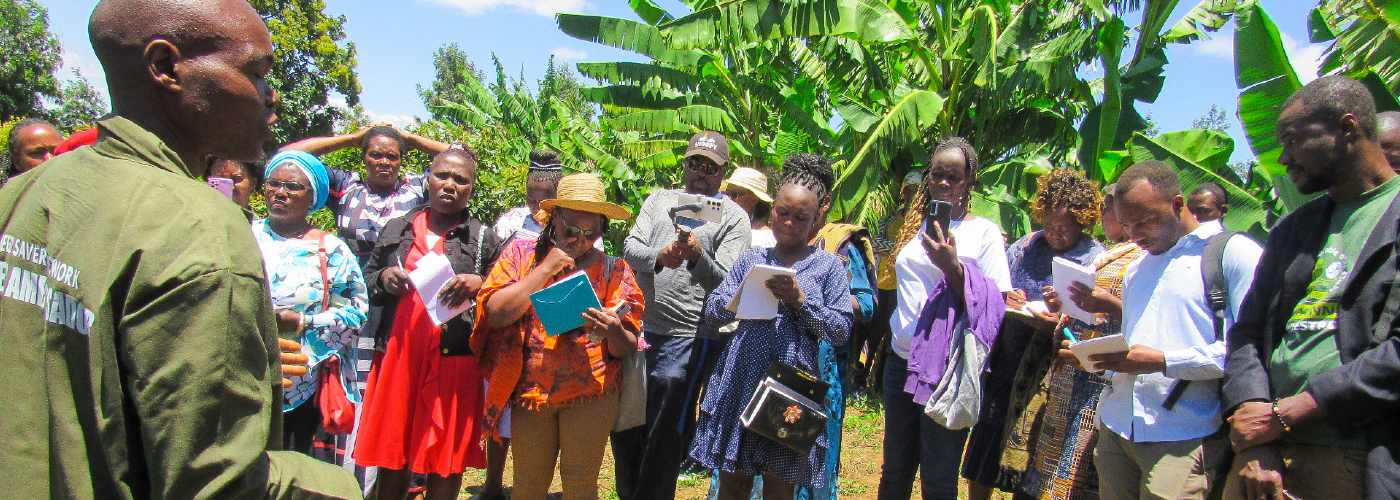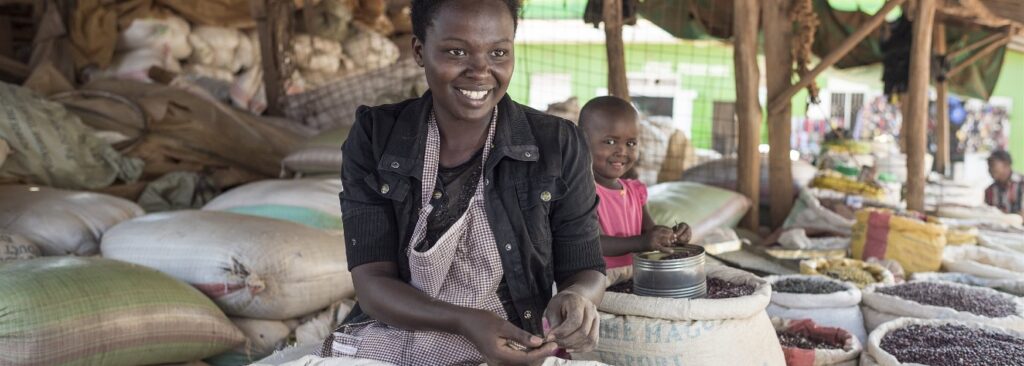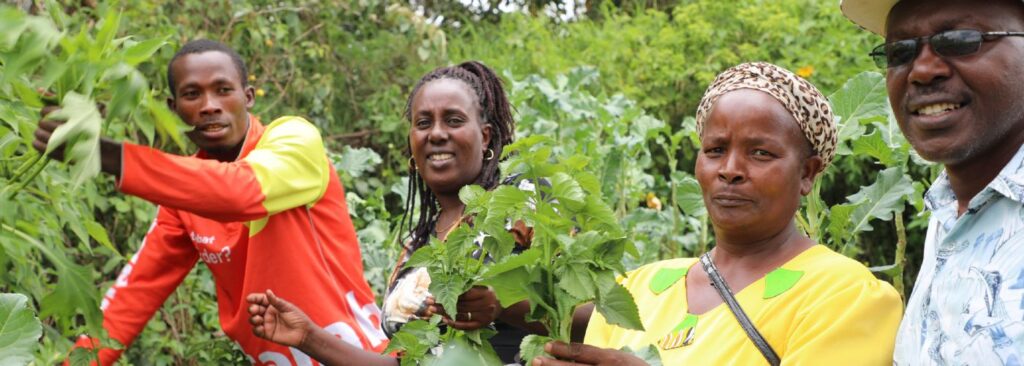By Kennedy Mugochi , Regional Director of Hivos East Africa
The second East Africa Agroecology Conference (EAAC), convening in Nairobi this week from March 25 to 28, marks a pivotal moment for the future of agriculture across the continent. The attendance of policymakers, farmers, academics, practitioners, and civil society underscores an increasing recognition of agroecology’s potential. The conference’s subtheme “Empowerment of women and youth movements in agroecology,” echoing the first conference’s resolutions on their crucial role, is now indispensable.
This subtheme is not a matter of political expediency; it is a pragmatic response to East Africa’s demographic realities and the undeniable roles women and youth play in the agricultural value chain. Moreover, escalating climate shocks, with their unpredictable and devastating impacts, disproportionately afflict vulnerable groups, exacerbating the challenges already faced by smallholder farmers. The urgency of addressing these disparities cannot be overstated.
Extraordinary resilience of women small holder farmers
Besides other obstacles, rural women and youth have long struggled against gender inequality in the agricultural sector, including restricted access to land ownership and quality inputs, technology, and machinery.
But I have witnessed firsthand their extraordinary resilience through our Rural Women Cultivating Change (RWCC) program.* It promotes gender equality and particularly supports women small holder farmers, female heads of households, and survivors of SGBV. RWCC facilitates investments that increase their access to and control over land, capital, inputs, and infrastructure. The program also trains them in agroecological farming to achieve food security and improve livelihoods.
The women and youth in the program demonstrate remarkable ingenuity. They quickly pick up agroecological strategies like preserving climate-resilient seeds, water conservation, and accessing markets through cooperatives. This is why the conference must serve as a platform to normalize these innovations, ensuring their recognition, scaling, and integration into broader agricultural policies.
Agroecology is rooted in women’s ethic of care
Agroecology is rooted in women’s ethic of care—a profound respect and responsibility for the land, community, and future generations. We could call it eco-feminism. Women have intimate relationships with the land forged through generations of farming, making them guarantors of biodiversity and reservoirs of ancestral environmental knowledge. Youth bring a vital infusion of innovation and climate awareness. Together, they can challenge exploitive and patriarchal agricultural models and work towards a future rooted in justice, reciprocity, and regeneration.
Transcending technical discussions to achieve real-life impact
The second East Africa Agroecology Conference must create an inclusive space where the experiences of rural women and the aspirations of youth shape the future of our food systems. It must transcend technical discussions and lofty declarations. It must prioritize the voices of marginalized farmers, ensuring their central role. Its focus must remain on improving livelihoods, ensuring environmental sustainability, and addressing systemic social injustices. While panel discussions and presentations are valuable, real change will only come from practical actions that empower women and youth to transform our food systems.
Governments across East Africa bear a critical responsibility in meaningfully involving women and youth in agroecology. They must develop and implement comprehensive national agroecology strategies that address the unique needs of these groups. This includes policies promoting equitable access to land, credit, and markets. Furthermore, governments must resolve land tenure issues, ensuring secure access for women and youth. They must also connect farmers with viable markets for their agroecological products, creating sustainable value chains.
This conference presents a unique opportunity to:
- Recognize the lived experiences of women and youth: make their views central to policy deliberations.
- Strengthen support for grassroots movements: explore innovative funding models and provide targeted technical assistance.
- Develop workable, gender-responsive strategies: translate insights into implementable plans.
- Foster fruitful collaboration: help policymakers, practitioners, and farmers work together effectively.
Let us move beyond resolutions and embrace tangible change. The future of East African agriculture hinges on empowering women and youth and ensuring their rightful place at the forefront of the agroecological revolution. This conference can and must serve as a catalyst for that transformation.
* RWCC is a program implemented by a consortium made up of Groots Kenya, Hivos, and Seed Savers Network (SSN).




